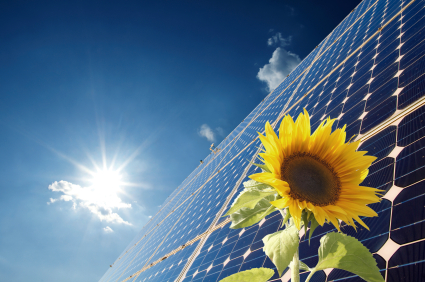Critics of solar power are quick to point out that its currently horribly inefficient. And to a point, they’re somewhat correct. We’re still not at a point where the technology for solar power conversion has advanced to the point where it’s practical or economically feasible to convert solar power into electricity and use it to power most of modern society’s power needs. Mass-produced cheaper solar panels only convert solar power to electricity with 15% efficiency.
But the other day I was reminded of something while sitting outside in the hot summer sun. I went to pick up my black computer bag which had become hot to the touch after just a short while of sitting in the sun. Too often we criticize solar power for its inefficiency in conversion to electricity. But when all we want to do is to capture the heat from the sun, solar becomes a very viable and economically sound choice. It makes sense for countries all over the world that get sun, whether that in the high mountains of Peru or the sun splashed beaches of Thailand.
Take water heaters, for example. Solar powered water heaters make a lot a sense in most of the United States, and apart from the initial installation and plumbing work, don’t require much ongoing energy costs. And they also don’t need expensive photovoltaic cells. When you compare them to the ongoing costs of powering a water heater throughout the year on normal electrical power coming from a coal plant or other traditional power source, it wouldn’t take you long to recoup your initial investment and of course, you’d be doing yourself and the planet a favor.
